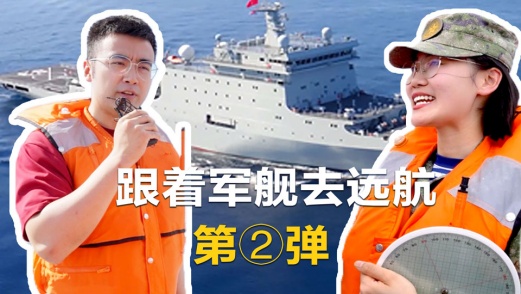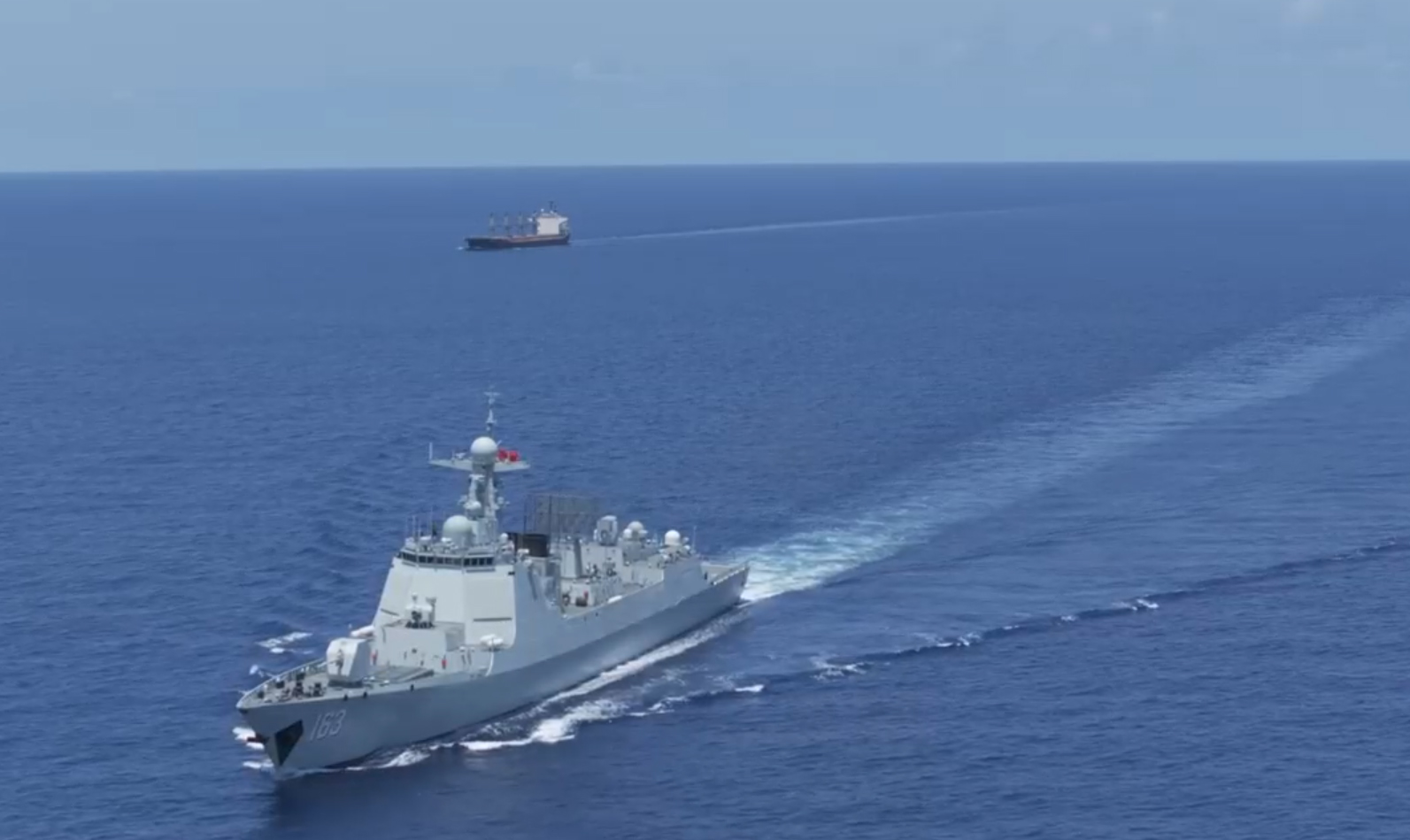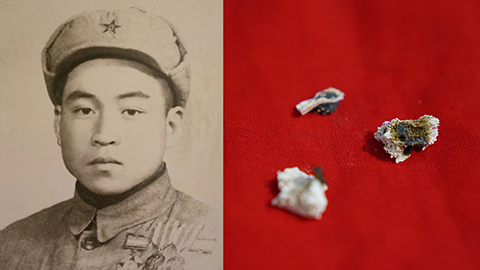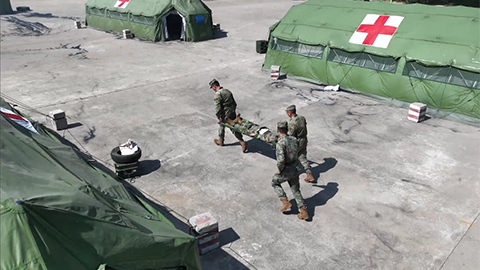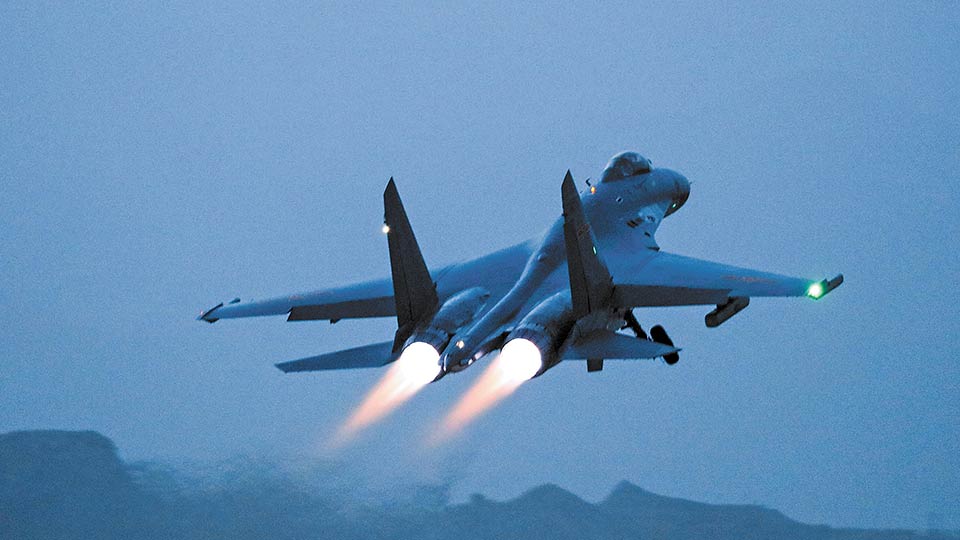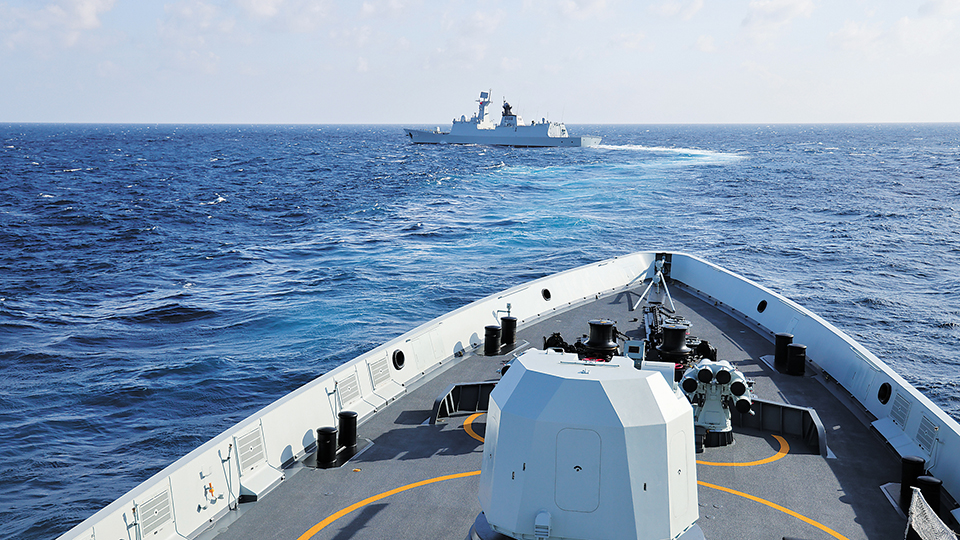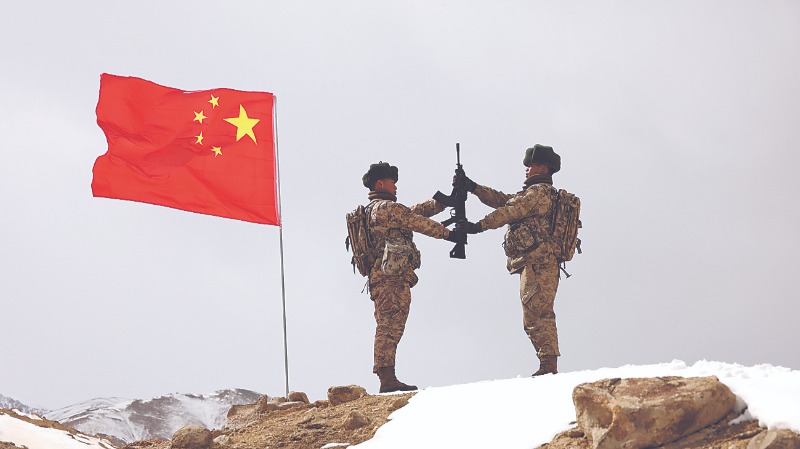By Cui Hongjian
Riding on the waves of the ongoing Russia-Ukraine conflict, NATO has a mind to make its summit scheduled for the end of the month a large crossover party. In addition to its 30 members, eager applicants Sweden and Finland and faraway partners in Asia Pacific, including Japan, ROK, Australia, and New Zealand, were all invited. Japanese Prime Minister Fumio Kishida and ROK President Yoon Suk-yeol both confirmed their attendance at the summit.
Right after the end of the Cold War, NATO expanded eastward in Europe to a great extent; later it participated in the Afghan War in the name of counterterrorism; now it is busy grasping the opportunity presented by the Russia-Ukraine conflict to make itself genuinely globalized.
With the trans-Atlantic relationship as the core, NATO has made great efforts over the years to develop a partnership network, reaching out to the Eurasian region (Partnership for Peace ), to Middle East and North Africa (Mediterranean Dialogue ), to the Gulf region (Istanbul Cooperation Initiative ), and to Asia Pacific (global partners ) in succession. These initiatives and partnerships were the main tools with which NATO expanded beyond Europe and infiltrated non-military security domains back then, and they are also the instruments with which NATO is pushing its globalization now.
NATO carefully planned the building and promotion of these partnerships and made meticulous deployments every step of the way, tearing down the geographical and geopolitical boundaries gradually.
First, starting with regional security, it held talks with neighboring countries and made inroads into inland Eurasia and the south of the Mediterranean Sea. Second, to serve America’s global strategy, NATO is no longer satisfied with staying in its corner in Europe, but tries to further break the geographical limitations by engaging in more international affairs.
Ever since the end of the Cold War, NATO has been trying to elevate its position by abusing the security concept. It has brought in some countries that are geographically far away but geopolitically vital, and made deployments in the Gulf region and Asia Pacific, weaving a cross-regional network.
While NATO is reforming itself to be more globalized, it is also getting increasingly politicized, with the aim of making itself a reliable platform to output western values, institutions, and security. It essentially has nothing to do with Asia Pacific, either in terms of security environment, regional situation, or strategic culture. The Asia Pacific is neither a main battlefield of the Cold War, nor does it have the historical legacy or realistic need for bloc confrontation, given its diverse political ecology and the far-reaching influence of the Non-Aligned Movement. Yet, to meet America’s strategic needs, NATO is trying to activate and reinforce its partnership network to meddle in the security affairs in the region, with a view to rebuilding its security architecture.
NATO even found two excuses for its meddling. One, taking advantage of certain countries’ one-sided perception of the Russia-Ukraine conflict, it trumpeted the cliché that a strong country is bound to be a bully, called upon them to defend democracy, and hyped up the so-called China threat to intimidate regional countries, in hopes of producing in Asia Pacific the demand for NATO-style collective security. Two, fiddling with the principle of indivisible security , NATO concocted the specious theory that the security for Europe and Asia is indivisible, preaching to Asia with its own failure story as some kind of successful experience.
If collective security is defined as winning in bloc confrontation , NATO might as well tag its containment of Russia as a success. But if the purpose of regional security is to keep peace and prevent war and turmoil, letting the Russia-Ukraine conflict lead to the flames of war in Europe again would definitely be a complete failure for regional security.
The security dilemma in Europe today can indeed serve as a living example for Asian Pacific countries, which, however, may lead to a conclusion contrary to the fallacy used by NATO to deceive its Asian Pacific partners. The conclusion is that collective security built on exclusion and confrontation will only create more disputes and terror in Asia Pacific. If the price of successful collective security is failed regional security, there is no reason why the Asian Pacific countries should listen to it.
(The author is director of the Department of European Studies, China Institute of International Studies)
Editor's Note: This article is originally published on huanqiu.com, and is translated from Chinese into English and edited by the China Military Online. The information, ideas or opinions appearing in this article do not necessarily reflect the views of eng.chinamil.com.cn.






